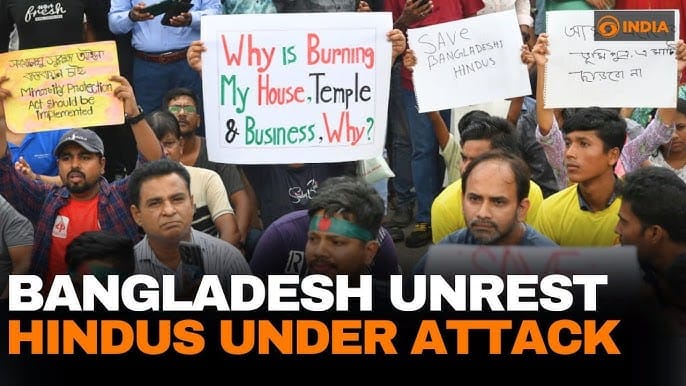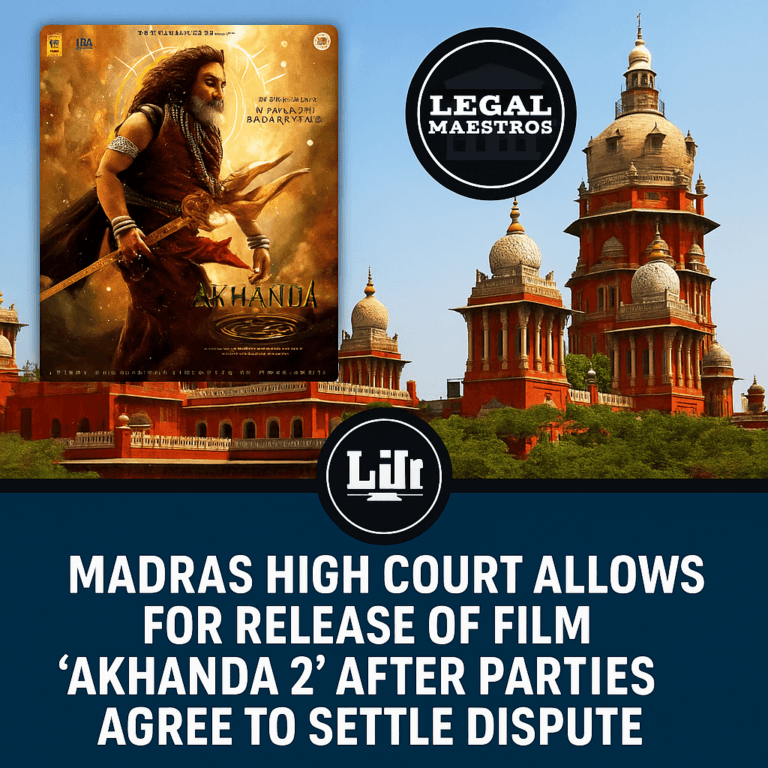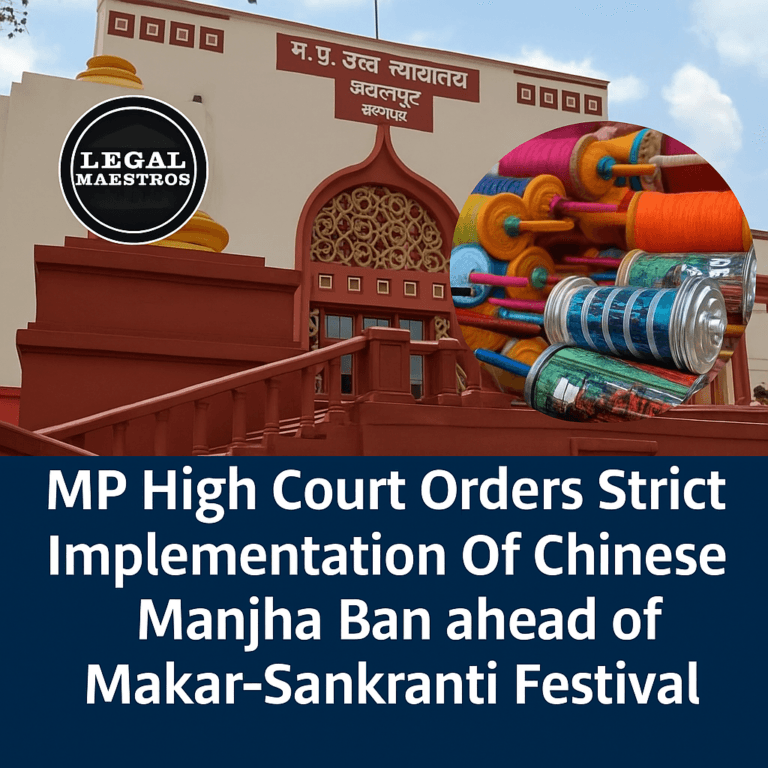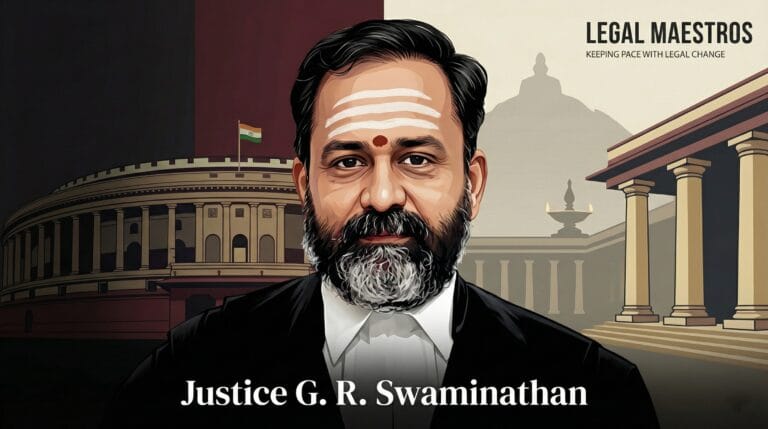
Elon Musk’s X Slams India Court Decision, Plans Appeal to Protect Free Speech
A Defiant Stand for Free Expression
To further up the already simmer between big tech and the Indian government, X Corp, led by Elon Musk, has publicly criticized a recent Indian court ruling, and indicated that it intends to appeal the ruling. The social media giant said that the decision is detrimental to free speech and it will persist in its legal battle to defend the rights of its users. Such a rebellious position preconditions a high-profile legal conflict in the Supreme Court of the country.
The company is based in San Francisco but has an enormous user base here in India, so its statement followed a court ruling that suggested the legality of many content-blocking orders by the Indian government. X Corp has contended that such orders are too wide and they do not have enough justification. The bypass is bringing into question the mechanism by which online content is regulated in the country, and presenting the problem as a crusade of free speech.
This is the latest twist in an old debate on the extent to which the governments should possess power to regulate online discourse around the world. X Corp led by the so-called free speech absolutist, Elon Musk, has indicated that it plans to be more aggressive in its opposition to what it believes is government overreach. This appeal is a demonstrative act of this new policy.
For any queries or to publish an article or post or advertisement on our platform, do call at +91 6377460764 or email us at contact@legalmaestros.com.
The imminent court case is likely to have several repercussions, and it may establish the limits of intermediary liability and the digital rights in India in future. It opposes the sovereignty of the Indian state to a huge international company, and the right to freedom of expression is the central value.
Original Court Battle: A Cloud of Content.
This conflict can be traced back to the previous years when the Indian government has been issuing blocking orders. Utilizing its powers under the Information technology act 69A, the government ordered X Corp (then twitter) to remove hundreds of posts and block hundreds of accounts. The reasons behind these orders were to protect national security, the law and order of people and sovereignty of India.
Although the company was following most of the directives, it decided to pursue a legal battle against several of them in the Karnataka High Court. The platform justified that the orders of the government were procedurally flawed and disproportionately substantive. One of their main points was that the government was requesting to block whole accounts when only a few individual tweets could have been considered problematic.
X Corp also argued that this wholesale blocking was in infringement of the rights of the platform and the users. They further claimed that the government did not always give substantial grounds on the takedown requests and therefore the company could not ascertain their validity. It was an audacious move, and directly challenged the secrecy of the content removal process in India.
But, in a big blow to the platform, the High Court ruled out the petition. This court did not only approve the authority of government to make such orders but also is reported to have fined the company a huge sum of money due to its delay in compliance with some of the directives. This unfavorable verdict is what X Corp now has bashed and gone on to appeal.
The Original Court Battle: A Clash Over Content
X Corp has also provided in its announcement and in filing of its statements to the court a number of reasons why the decision of the High Court should be appealed. The most important concept of its case is transparency. The company believes that such large-scale orders to remove content cannot be effected without being noticed. Users blocked on their accounts, they argue, have a right to know why and have a right to appeal the action.
The other significant argument is that the orders issued by government are too broad. A few controversial posts have an entire account blocked, which is, according to X Corp, is an overreaction that suppresses much more speech than it should. They support a more focused method, in which a single piece of content, which is illegal, is blocked, as opposed to the entire profile of the user.
There is another dangerous effect on the speech that the company also threatens; it is a chilling effect. By witnessing whole accounts being removed at the instruction of top-secret government directives, users can become fearful to voice opposing or critical views because they are now afraid they will become the next victim. This, X Corp claims, suffocates the popular discourse and kills the democratic role of the social media platforms as a contemporary public square.
Lastly, X Corp is complaining about the absence of appropriate review mechanism. In their view, the validity of government blocking orders should be evaluated by an independent entity, and not at all by the executive powers. This is their request to the Supreme Court to receive the legal status of such basic principles of due process and free expression.
X Corp’s Arguments for an Appeal
The Indian government has always held a strong stand on the matter. It contends that its content-blocking capabilities are an important instrument of keeping the country safe and secure. Through the lens of the government, social media platforms are not exempt to the law and they have to adhere to instructions given to them by sovereign powers that can stop the transmission of misinformation, hate speech and content that will bring the country to its knees.
The governments consider the blocking orders as a way not to interfere with the free speech, but to enforce the law in the digital space. The government argues that the Indian constitution under the reasonable restrictions clause gives the government the ability to impose restrictions on the freedom of expression based on definite, narrow criteria. It views such platforms as corporate bodies with legal and social obligation to play within such set limits.
The second move in this court case is X Corp. to petition the Supreme Court of India with a Special Leave Petition. This will start a long and involved legal process, with judges at the highest ranks of the nation being requested to balance the conflicting interests of individual rights, corporate responsibility and state security. The decision is not the one that is guaranteed.






